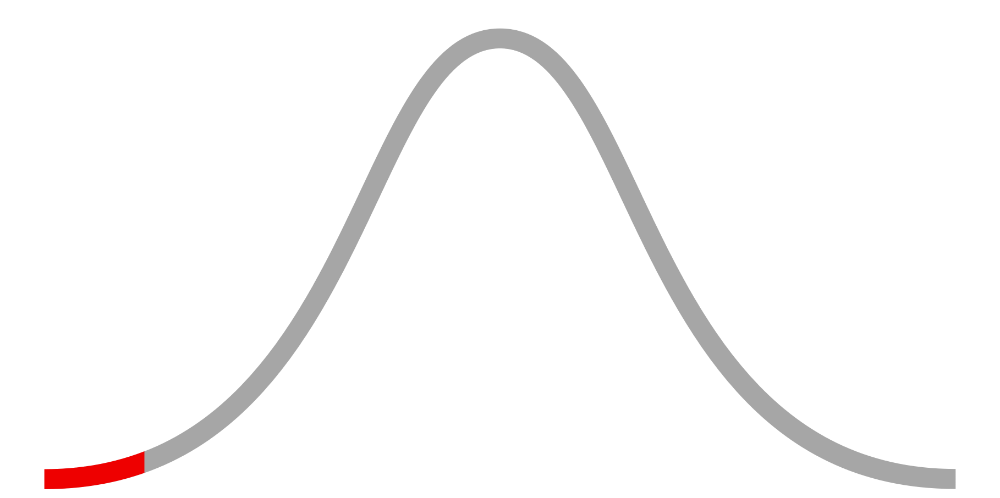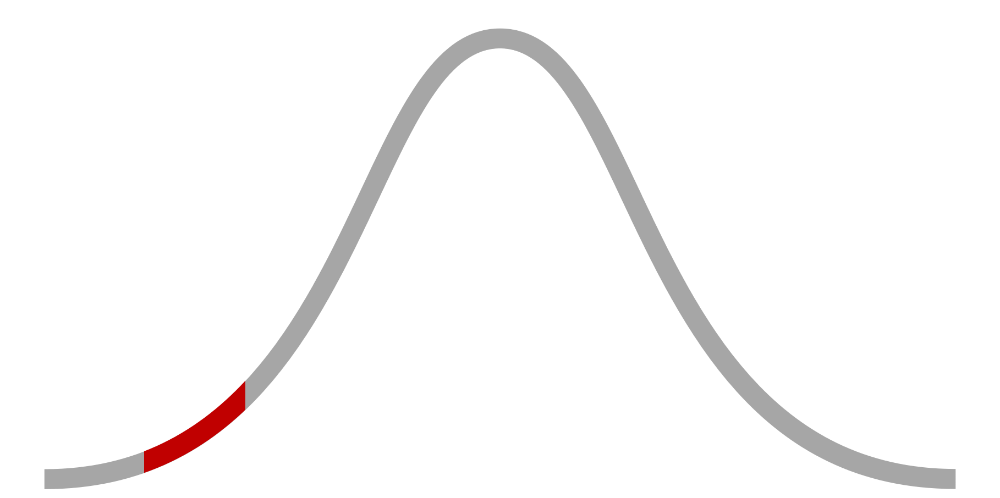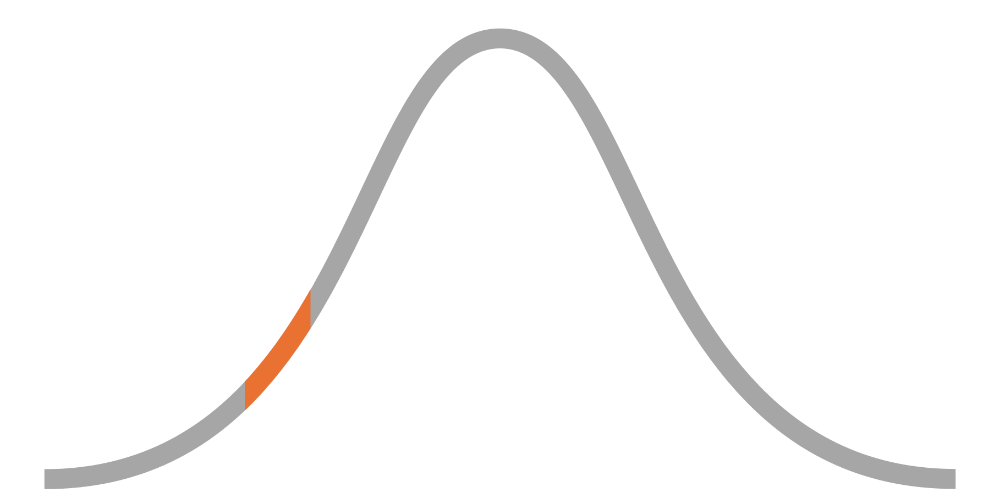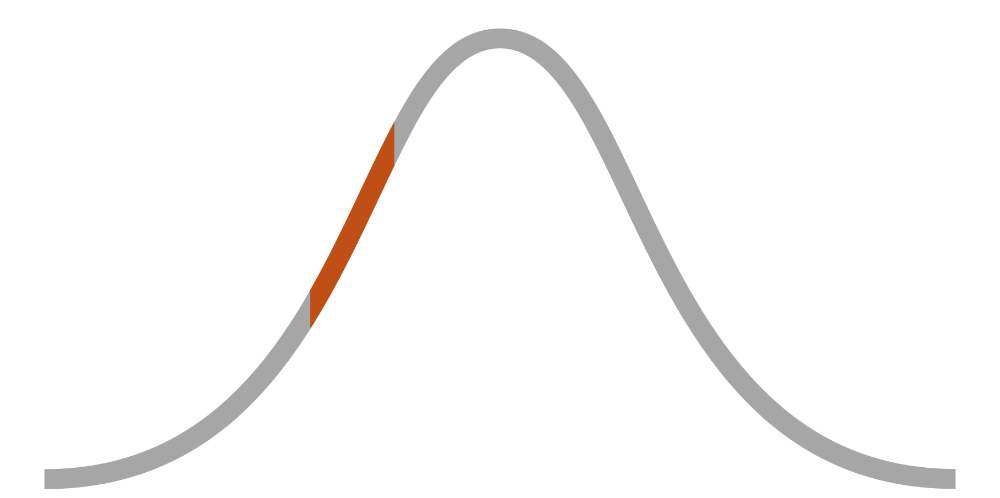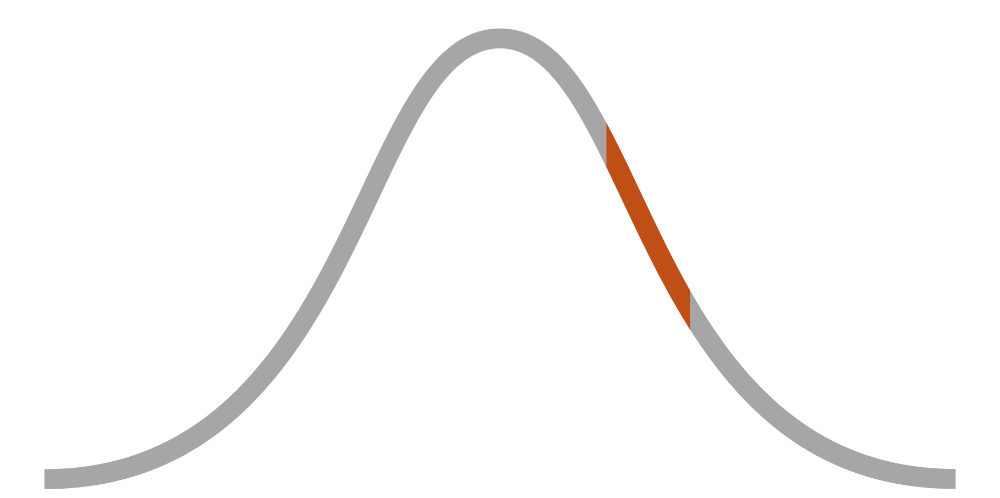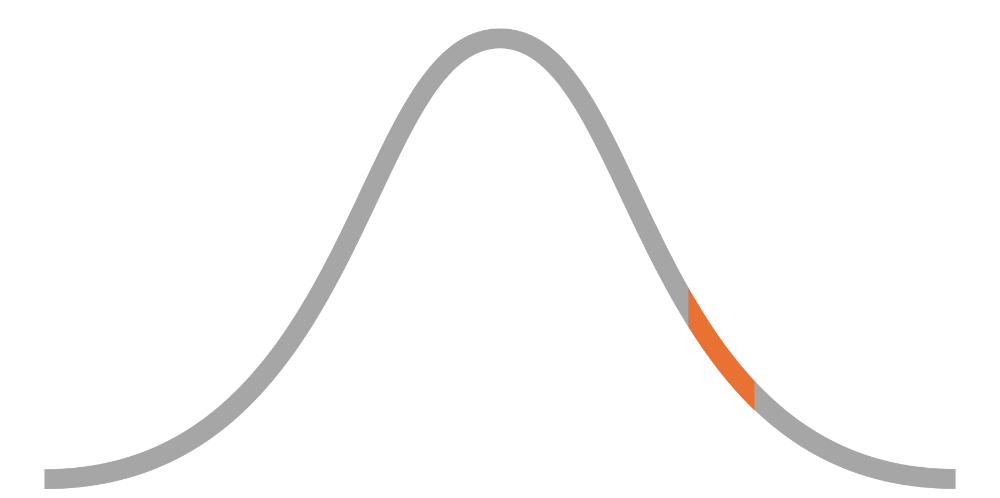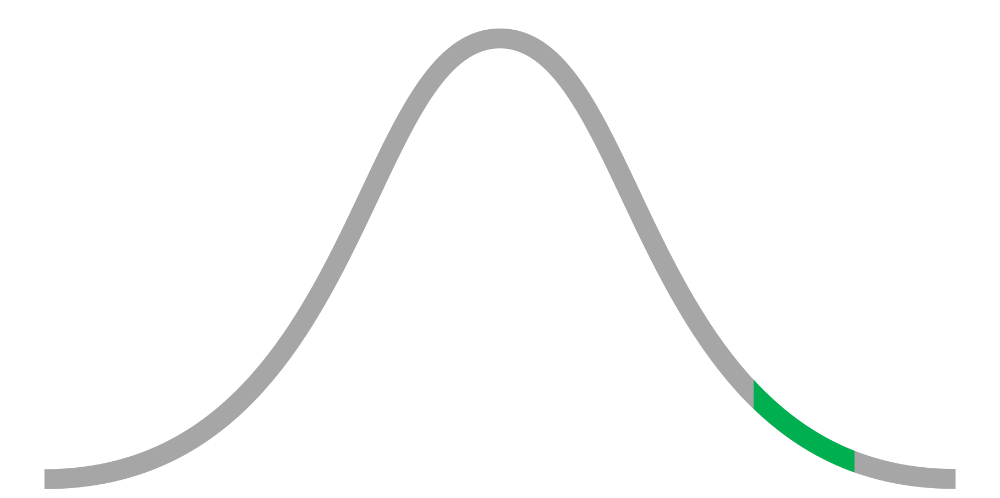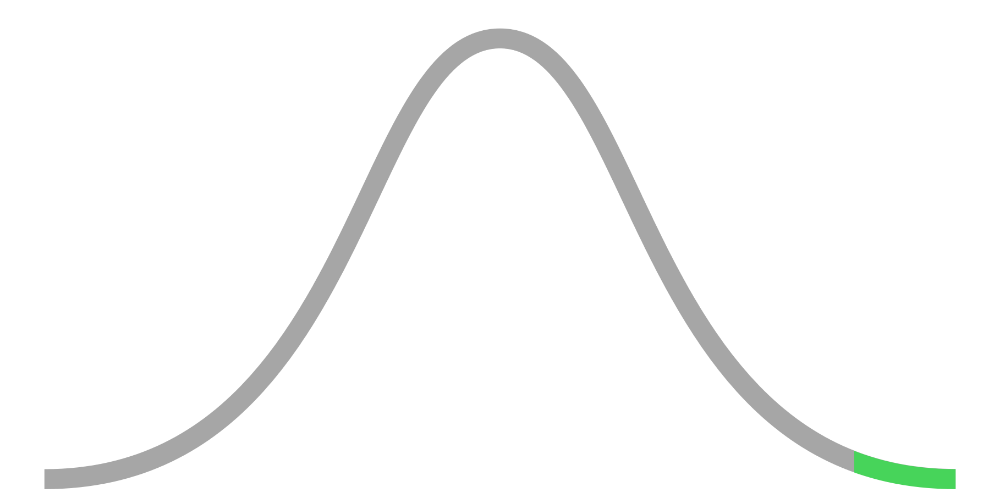Info
© 2026 Feels Co.
 Summary & key points
Summary & key points
In the hit movie Sunshine (2007), Searle is a space mission psychiatrist who is obsessed with the sun. He is in the observation room and asks the ships' onboard AI to turn up the brightness. The ship's AI indicates that he can only view a portion of the sun's brightness for 30 seconds or else he would damage his eyes. After agreeing, Searle gets enveloped by bright sunlight. Searle's use of words related to color, coloration, and visual sense perception demonstrate the Sensation attribute.
Select media ©
Fox Searchlight Pictures. Learn more



